(ThyBlackMan.com) This year, we commemorate Black History Month under the shadow of continued efforts to whitewash or eliminate lessons about race and systemic racism in classrooms across the United States. These efforts to spoon-feed children sugarcoated versions of our history leave them ill-equipped to be citizens weighing in on the choices they will be facing in the future. As I witness this extraordinary moment, I’m reminded of my own incomplete education of U.S. history.
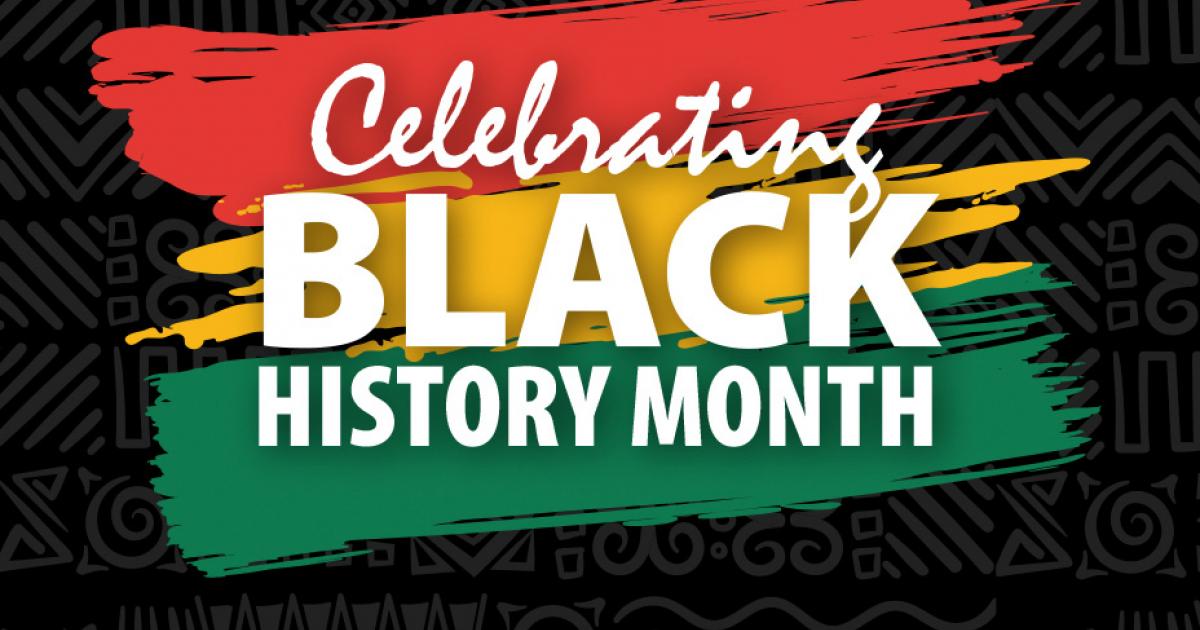
In middle school, I was taught that Brown v. Board of Education was the result of a society coming together because everyone was finally ready to become more inclusive and just. Rosy, right? I did not learn about the legal strategy to dismantle segregation in education, created at Howard University in the early 1900s, until my own sophomore year in college.
Ending segregation wasn’t Black and white children holding hands while skipping down sidewalks, but rather, the law was upheld by the Supreme Court through the culmination of a legal strategy developed by Black lawyers to systematically end segregation in higher ed, K-12 schools, and society at large.
My professor at Emory University was an incredible Black woman who dismantled the misconceptions that our class had developed through years of learning sanitized, incomplete U.S. history in just one semester-long African American History course. Those lessons I learned spurred my desire as a Black man to use law and policy to reform social systems — following in the footsteps of Thurgood Marshall and other Black lawyers and activists who shaped our society.
Children deserve to learn the complete and honest teaching of history, not only Black students like me who need strong examples of the success of proud, intelligent Black leaders of our past, but also non-Black students who benefit from seeing complex and diverse perspectives of different cultures. To water down these lessons can lead to a lack of engagement and lower achievement for students of color, and misplaced aggression that leads to violence and discrimination derived from the notions of white supremacy.
We’re already seeing the impacts of harmful policies to limit curriculum and book options: across the country, less than 60% of challenged books by and about people of color were kept on shelves, according to a Washington Post review of book challenges. Books with LGBTQ characters, authors, or themes were even more likely to be kept from children. In Florida, this has gone so far that districts have banned 1,600 books — including, in some districts, dictionaries.
Yet despite the clear negative impacts, state lawmakers continue efforts to limit curriculum and diversity, equity, and inclusion efforts. A bill in Utah would allow elected officials to challenge school curriculum, while one in Kentucky would ban DEI efforts at colleges and end race-based scholarships. And Florida policymakers have doubled down, banning public universities from using state or federal funds for DEI programs.
Teachers and education leaders have been filling in the gaps of sanitized curriculum and incomplete instructional materials for many years, which makes the “anti-woke” efforts in Florida and elsewhere frustrating yet predictable. As a result, teachers, particularly teachers of color, are having to grapple with the glaring omissions from U.S. history, while fighting censorship laws and book bans as they try to provide their students with a better foundation.
Take Brittney Mitchell, a middle school English teacher in Washington, D.C., who is struggling to ensure her students are taught a culturally rich and relevant curriculum.
TEACHERS PUT THEIR CAREERS AND LIVELIHOODS ON THE LINE TO TEACH IN A NEW CLASSROOM THAT HAS BEEN WHITEWASHED IN THE NAME OF WHITE PEOPLE’S COMFORT.
It wasn’t until the start of her teaching career that Brittney began learning about the history left out of her own education growing up in Florida, and how it touched people close to her. She’ll never forget talking to her mother about the Ocoee Massacre — when a white mob attacked Black residents for attempting to vote on Election Day in 1920, leading to the deaths of several dozen Black residents — only to find out that their close neighbor had survived that dreadful night. Yet Florida history standards go beyond merely erasing this atrocity from curriculum, instead requiring teaching about the violence “against and BY” Black residents — what scholars say is a total lie.
Learning the truth as an adult made Brittney feel lied to, like she was too fragile to handle the information as a student. As an educator, she doesn’t want the next generation of students to rely on memories and personal anecdotes to learn important, nuanced, and sometimes painful history. To paraphrase Tom Cruise, kids can handle the truth.
However, the burden of making sure students learn the full picture of our country’s complicated history shouldn’t fall on the shoulders of brave teachers like my professor or Brittney or the educators fighting in Florida and across the country. Oftentimes, these teachers put their careers and livelihoods on the line to teach in a new classroom that has been whitewashed in the name of white people’s comfort. Our schools must become safe havens for teachers to bring this level of instruction into their classrooms so that all, regardless of their identities, can become critical thinkers who constructively challenge societal norms. That is how a functional society works.
Written by Eric Duncan












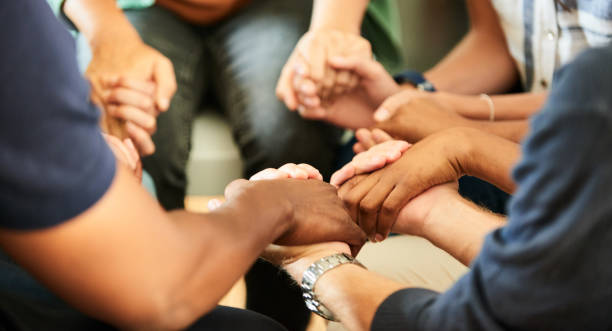
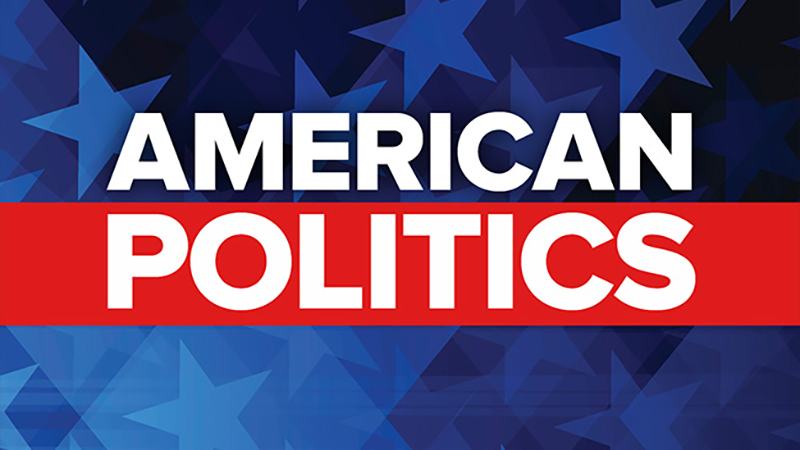
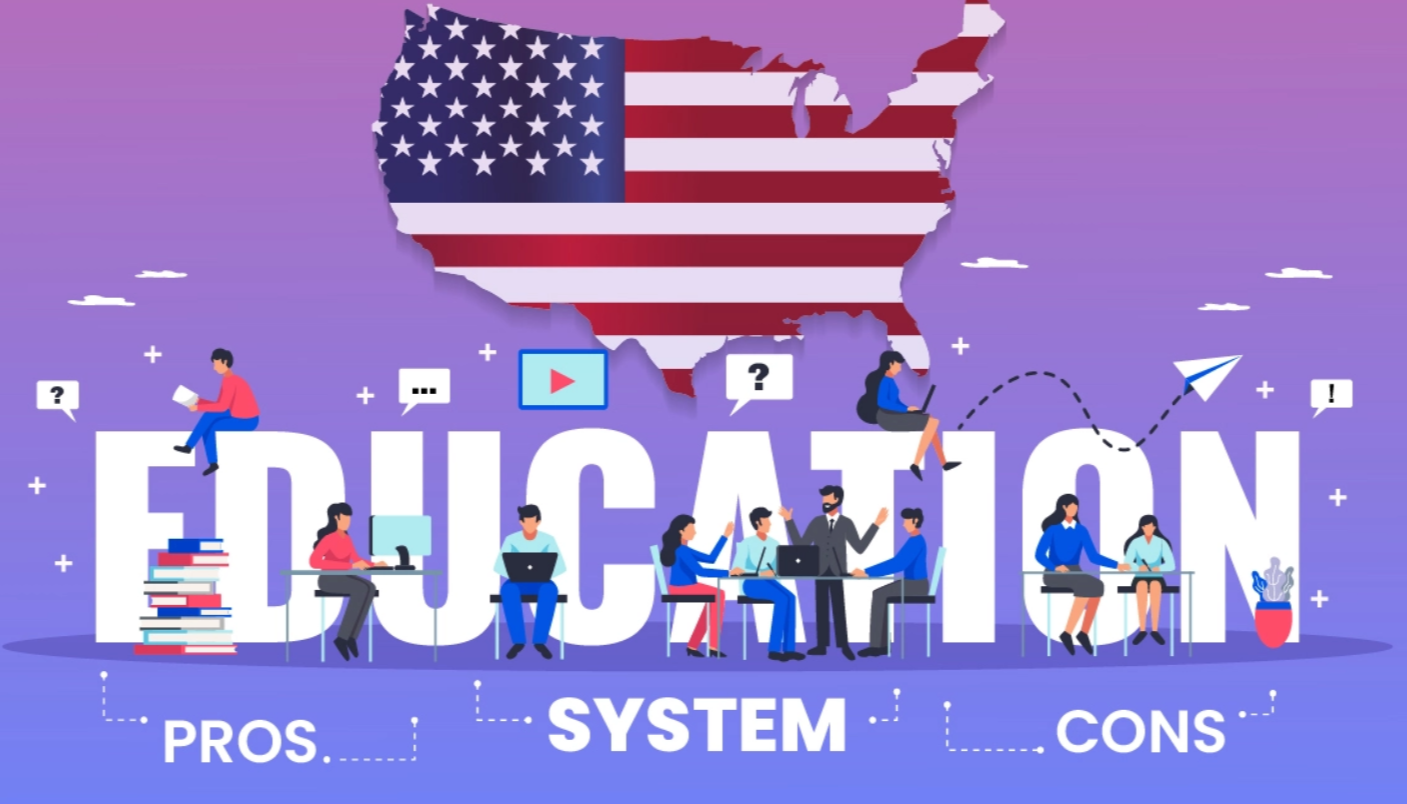
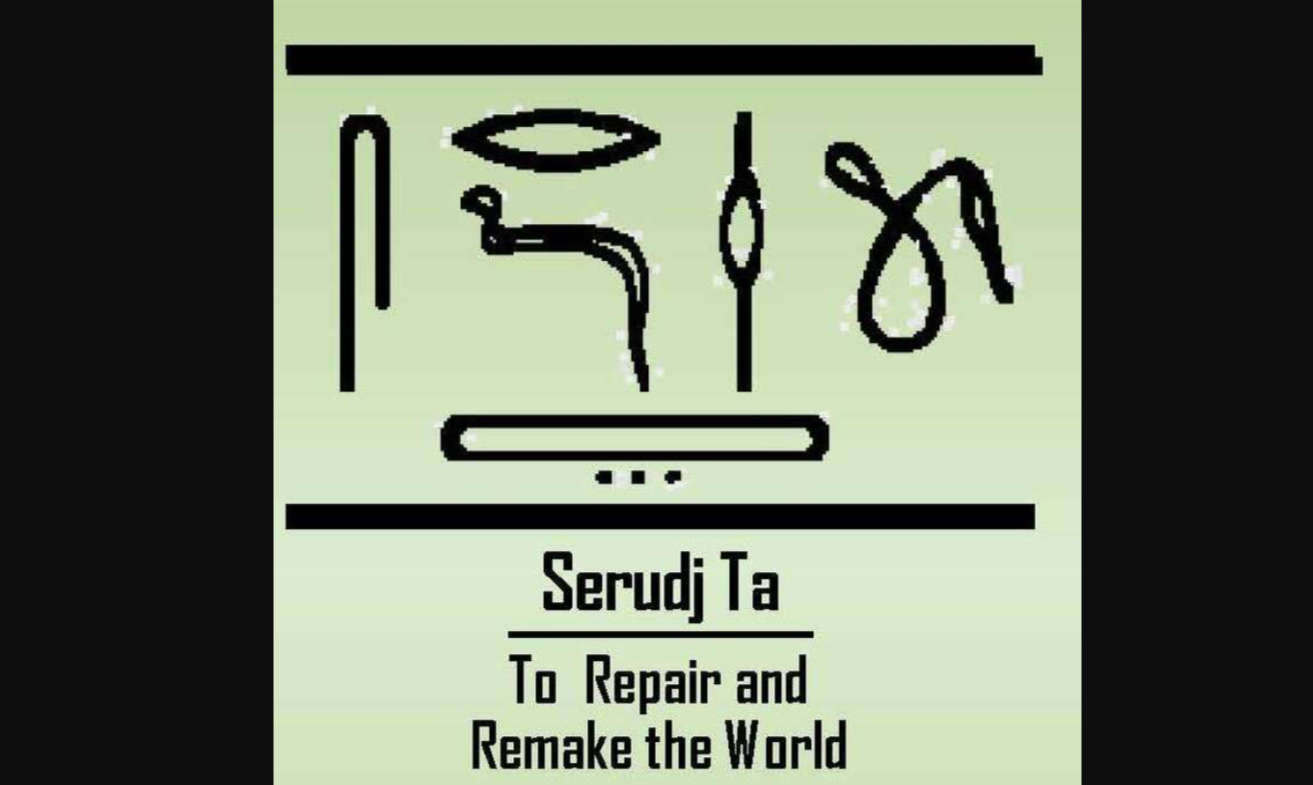
Leave a Reply